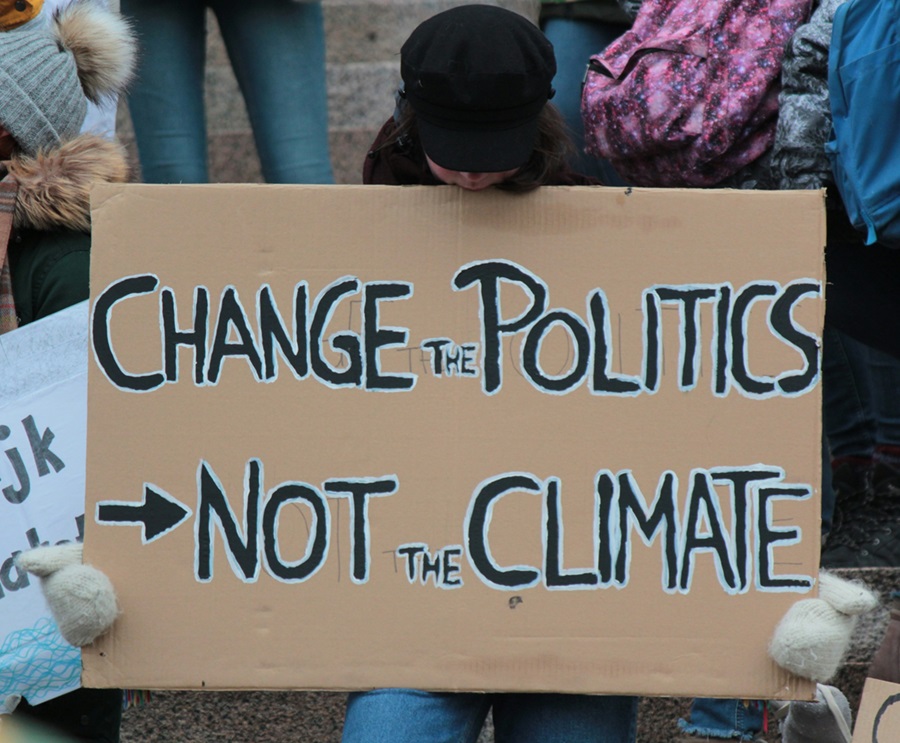Politics: Difference between revisions
Fractalguy (talk | contribs) |
Fractalguy (talk | contribs) mNo edit summary |
||
| Line 1: | Line 1: | ||
[[File:Politics-change-reform-bipartisan-electoral.jpg|thumb|Every cardboard sign makes a difference]] | |||
A discussion of political theories and how their ideas contribute to what we know about [[best practices]] for governing a [[society]] and increasing the [[quality of life]]. | A discussion of political theories and how their ideas contribute to what we know about [[best practices]] for governing a [[society]] and increasing the [[quality of life]]. | ||
Revision as of 01:44, 25 January 2024

A discussion of political theories and how their ideas contribute to what we know about best practices for governing a society and increasing the quality of life.
Best Practices in Government and Politics
The general principles of evidence-based governance should be modeled on the those countries with the highest Quality of Life indicators.
In the countries with the greatest happiness and well-being, the following principles are nearly universal, with the happiest countries having the strongest systems in place for each.
- Democracy
- Freedom of Speech
- Religious Freedom
- Freedom in general
- Separation of Church and State
- Public Education
- Social Safety Net
- Universal Health Care
- Equal Justice for all citizens
- Mixed Economy with the best elements of Socialism and Capitalism
Other Practices in Government and Politics
Not the best, but the rest.
The left/right political dynamic of the United States is often used as a reference point. However, they are more correctly framed in terms of Progressive and Libertarian political philosophies rather than the Democratic and Republican parties. This is because the actual political thinkers and developers of new policy are coming from these sub-groups, who are not always strictly affiliated with either party. It also somewhat ignores right-wing Christian Nationalism and Fascism, which are scary and must be opposed, but offer few debatable policy positions. In a discussion of best practices, we must consider actual policy rather than the exercise of raw power.